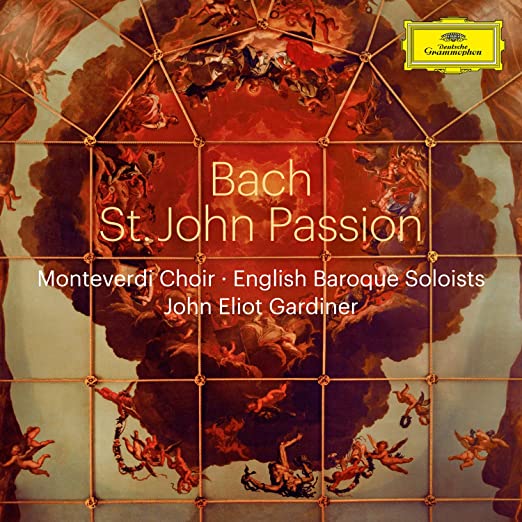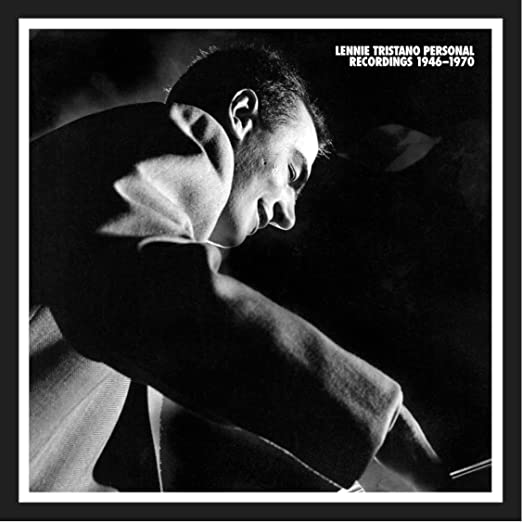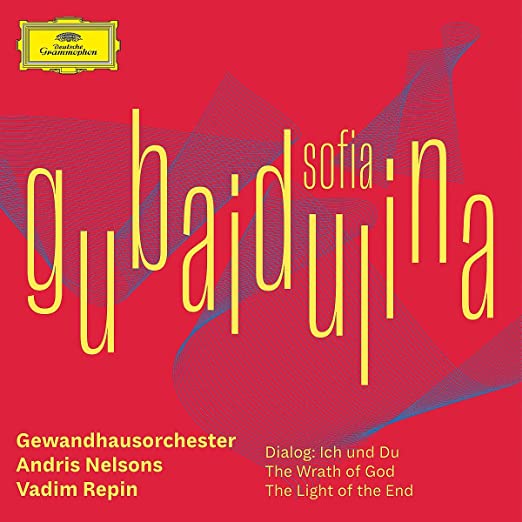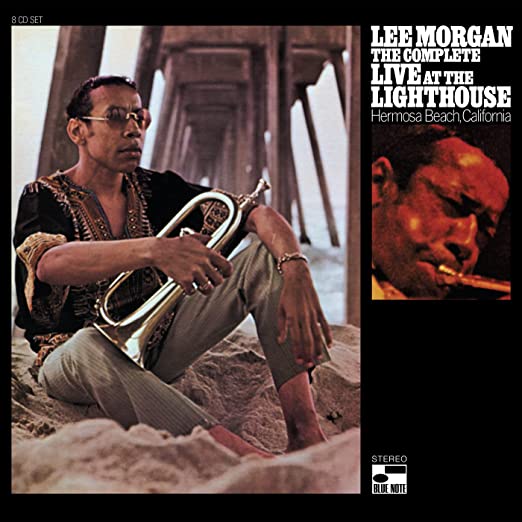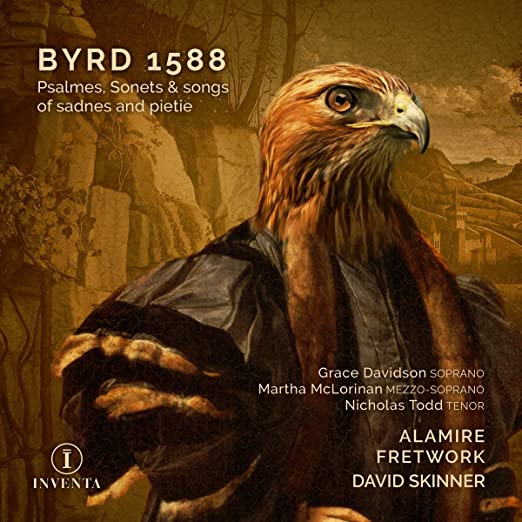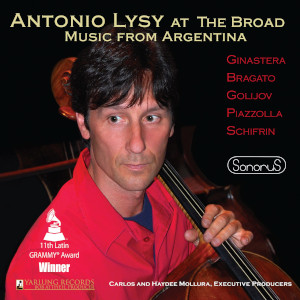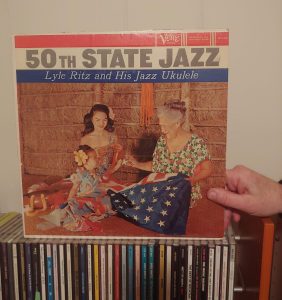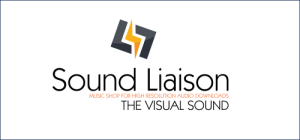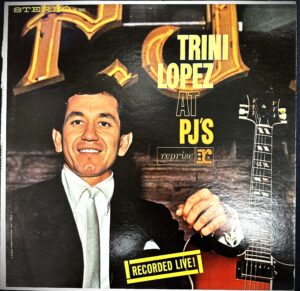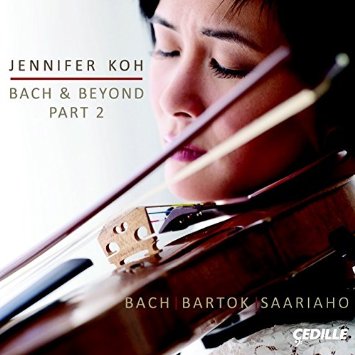
Jennifer Koh, Bach and Beyond 2. Solo Violin Sonatas by Bach, Bartok, and Saariaho. Jennifer Koh, violin. Çedille 90000-154.
Nobody plays Bach better than Jennifer Koh. As I've written before, I heard her play the Partita No. 2 live in Amherst College's Buckley Recital Hall several years ago and at the time it felt as if I were hearing it for the first time. (HERE)
The closest you can get to what I heard is her 'Bach and Beyond' series recordings for Çedille, of which today's CD is the second. What makes her Bach distinctive is that she seems to free it from its rigors, even those we assumed the composer intended. It's not that it sounds 'free' but artfully unscripted. This is exactly what I heard in Buckley and what you almost never hear in a recorded performance. It has mainly to do, of course, with pace, which with Koh feels utterly natural, so much so that we don't notice it. It is like listening to someone speak. Not read, speak. Koh plays Bach with the intuitive freedom and rightness of one who knows this music so well she has almost moved beyond the score. 'On top of this, her tone is smooth but never cloying, forceful but never assertive.
I understand that she takes the concept of these albums seriously: that she feels a clear connection between Bach and several modern composers, Ysaÿe, Bartok, and Saariaho in particular. The connections are there I'm sure, but if so they pale before her Bach itself in significance. She takes a more lyric view of Bartok in this album than some others do, which enables us to hear more easily the continuity she hears The Saariaho work is the odd one out. It takes at least two hearings to begin to feel its reason for being, let alone a relation to Bach. I'm still well short of hearing the Bach connection. My problem, I'm sure. Get her for her for the Bach sonatas.
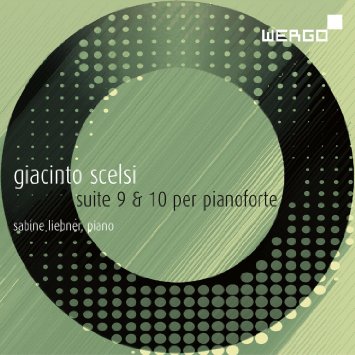
Giacinto Scelsi. Suites 9 and 10 for Pianoforte. Sabine Liebner, piano. 'Wergo WER 07942.
Italian modernist Giacinto Scelsi (1905-1988) is not a composer I plump for but one I have become fond of 'since first introduced to him by a brilliant sales clerk in the former Briggs & Briggs record shop in Cambridge, Massachusetts back in the 1980's. Lots of modernist composers spin out music in Scelsi's mode—seemingly idle improvisation-like sonic speculations. But none quite get what he gets. His music is inspired, making the others sound like posers and dabblers. You can't learn, imitate, or inherit inspiration. And it's impossible to make a critical case for it, so I won't try. In this area of modernism, you hear it and get it or you don't.
In albums for solo oboe, violin, flute, double bass and now piano he takes us into strangely attractive musical terrain, demonstrating that it is precisely inspiration that so many of the others lack. 'Reading about his 'compositional' technique in the album notes confirms the faith he has in his musical instincts and how to make himself receptive to them. I suspect one of his attributes as a composer is his ability to listen—to what he has heard, to what he hears—with 'bare attention.' We sometimes get the sense that we are listening with him.
Pianist Sabine Liebner feels like the ideal interpreter of Scelsi, and her background full of modern and contemporary music bears this out. This music for solo piano will not engage everyone—it is music you have to break through to. On the surface it is not dramatically different from that of the others. But if your skepticism about the value of music out on the fringe has some holes in it, give him a try.
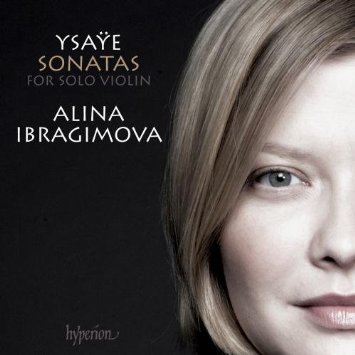
Ysaye: Sonatas for Solo Violin Nos.1-6 Import
The violin sonatas of Ysaÿe (1858-1931), part of the core repertoire for ambitious violinists, are peculiar. Expressly influenced by Bach, they hover on the verge of the twentieth century, almost searching for a place to land. They can be bold and virtuosic, withdrawn and lyrical, hauntingly elegiac, playful and quixotic. Along with Debussy, who also grew up in the latter half of the nineteenth century, his ears are full of that century's music and what came before it. 'He wants to break into the musical world that's a borning but, as it is easy for us with brilliant hindsight to forget, there was yet no twentieth century music to listen to, to show the way. These turn of the century composers had to invent it! Debussy seemed to know where to go, Ysaÿe was less clear and that is the interest of these sonatas. We can feel them restlessly reaching, searching, trying things out. Much of this music has a rhetorical freedom to it that is exhilarating, which is clearly what draws violinists to it.
Specifically, it invites the expressive but also exquisitely refined talent of an Alina Ibragimova, whose recording of the Bach sonatas suggest that she will welcome the waywardness and protean nature of this music. There are a good many recordings of these sonatas out there but don't let that keep you away from this one. Everything Ibragimova records has musical interest in it.
Equipment used for this audition: Resolution Audio Cantata digital music center, Blue Circle BC 107 solid state preamplifier and BC NSP amplifier, Jean Marie Reynaud Offrande Supreme, V2 loudspeakers, Crimson cabling, and Volex power cords.
Bob Neill is a former equipment reviewer for Enjoy the Music and Positive Feedback. Since 2004, he has been proprietor of Amherst Audio in Amherst, Massachusetts, which sells equipment from Audio Note (UK), Blue Circle (Canada), Crimson (UK), Resolution Audio (US), Jean Marie Reynaud (France), and Tocaro (Germany).




